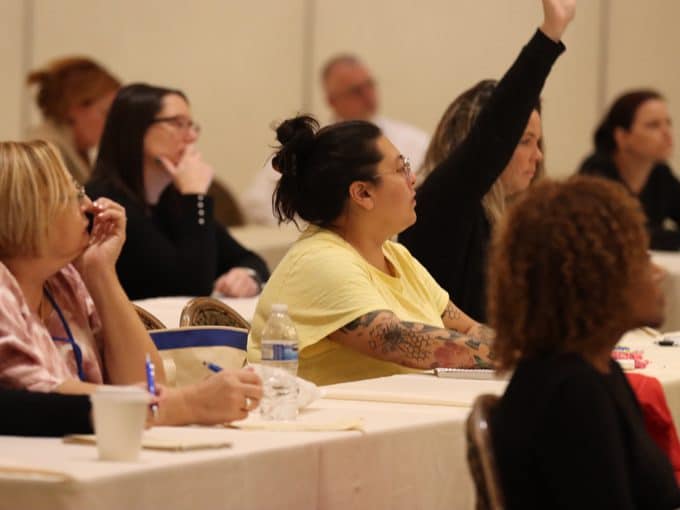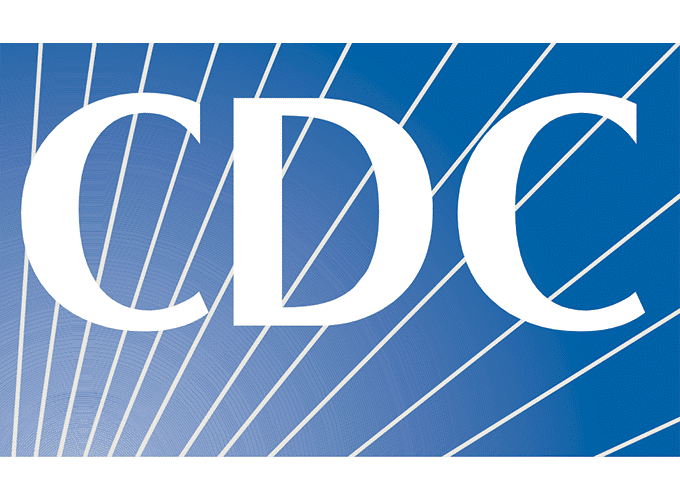
Share Your Expertise at the NCCHC Spring Conference on Correctional Health Care
Help shape the future of correctional health care.
Home Opioid Settlement Funds Becoming Available for Corrections
 Dec 13, 2022
Dec 13, 2022States are starting to release information for receiving the funding from the global opioid settlements made in 2021 between opioid manufacturers, distributors, and most U.S. states. Jails and prisons have a unique opportunity to secure funding for medication-assisted treatment for opioid use disorders.
The settlement agreement provides approximately $26 billion for opioid recovery efforts and will be disbursed to qualifying approved programs over the next 18 years.
As part of the settlement terms, specific strategies were established to ensure funds are spent appropriately. Settlements vary state to state and are managed through state and local coordinators.
Specific Information for Jails and Prisons
Specific uses for the funds are outlined in the final settlement agreement. Certain “Core Strategies” are outlined within the settlement agreement in Exhibit E, Schedule A “Core Strategies” and Exhibit E, Schedule B “Approved Uses.”
“Address Needs of Criminal Justice-Involved Persons” (section D) focuses on funding for pre-arrest/pre-arraignment diversion programs, self-referral, outreach, Law Enforcement Assisted Diversion (LEAD), officer intervention, co-responder models, and support for programs provided to those in jails and prisons.
“Treatment of Incarcerated Population” (section F) directs funding toward jails for Medication-Assisted Treatment (MAT) for persons with Opiate Use Disorder (OUD) as well as co-occurring substance use disorders (SUD) and Mental Health (MH) disorders both within, and when transitioning out of, the criminal justice system.
Agencies should verify their eligibility with their state government and will need to follow the processes specific to their jurisdictions to receive funding.
NCCHC Resources Advice and Strategies for Implementing MAT
Preparation for and implementation is not simple, but the payoff can be great in terms of lives saved and public health and safety. In addition, failure to continue OUD treatment in corrections can open your facility to poor outcomes, liability, and litigation.
Contact NCCHC Resources if you want to discuss starting or continuing your MAT journey. Areas of expertise include:
For more information, contact NCCHC Resources.


